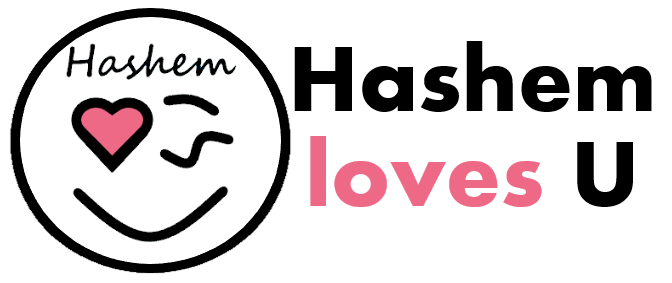רְאֵ֗ה אָנֹכִ֛י נֹתֵ֥ן לִפְנֵיכֶ֖ם הַיּ֑וֹם בְּרָכָ֖ה וּקְלָלָֽה
“See, I present before all of you today a blessing and a curse” (Devarim 11:26).
Many commentators (1) ask the obvious question: why does this verse begin in the singular tense addressing the individual (“re’eh—see”) and conclude in the plural (“lifneichem—before all of you”)? Is Hashem speaking to the lone individual or the entire nation? If Hashem instills a reality of blessing and curse in the world, what does one’s perception matter anyhow?
This week’s Parasha teaches a truly eye-opening lesson. Hashem has placed all of us in the same world, but living a life of blessing or the opposite, God forbid, depends on one’s individual perspective. Some people view life as an adventure, full of excitement and opportunities for accomplishment, while others view life as a painful experience that must be endured. One who looks at the world with love and joy lives in a world of love and joy.
The Chovot HaLevavot (2) recounts a famous story that emphasizes this idea: “Once upon a time, a Rabbi was walking with his students when they chanced upon the carcass of a dead animal. Disgusted by the sight, the students said, ‘What a vile sight and a foul odor coming forth from the carcass!’ But the Rabbi said, ‘Look how white its teeth are!’” While both statements are true, the virtuous man went out of his way to find a positive viewpoint despite the more readily perceptible foul odor of the carcass. With his opposing statement, the Rabbi was able to teach his students that even when there could be a lot of bad, there’s always something positive to look for and find.
Moreover, the Vilna Goan (3) adds that the term, “notein—present” always indicates endowment and gifting. All of life’s circumstances are personalized gifts, whether they seem like blessings or even unfortunate curses. In fact, the Rishonim explain that the word “baruch” used in a blessing means “source” and “wellspring” (i.e. You, Hashem are the source of everything, You are the source of bread, You are the source of fruit, etc.). (4) All it takes to live a blessed life is for one to widen their lens to see the bigger picture, to attain the awareness that everything is from Hashem and all is for the good. (5)
(1) Alshich, Chatam Sofer, Kli Yakar, the Kotzker Rebbe (Ohel Torah); (2) Sha’ar Hakeniya, Ch. 6; (3) Aderet Eliyahu; (4) Rashba, Rabbeinu Bechayei, Sefer Hachinuch, Abudraham; (5) Ohr Yechezkel: Michtavim, p. 326
